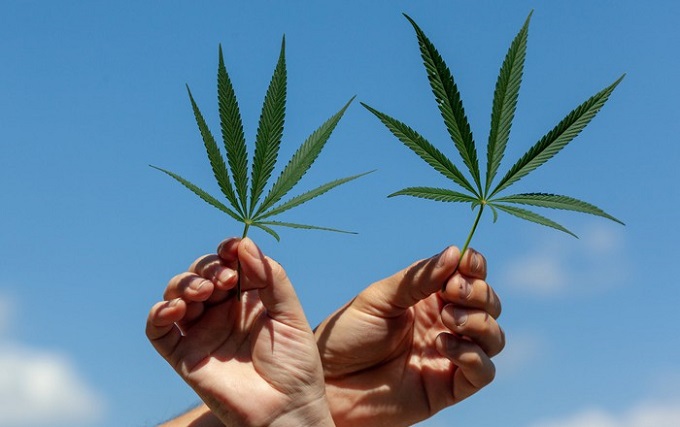Cannabis is a drug that is legalized in so many parts of the world and therefore is quite often used. Its usage is quite as common as that of Tobacco. This drug has so many benefits. Cannabis is used for so many reasons, from medical purposes to leisure purposes. In as much as it has its benefits, too much of it can have its consequences.
For most people, it is relatively easy to pick up and put down cannabis. This unfortunately is not the case for everybody. For others, cannabis poses the likelihood of developing an addiction. Cannabis addiction can be medically diagnosed and this addiction can harm the addict’s life.
How addiction develops.
As a person consumes cannabis, the cannabinoid receptors in the head become activated by a neurotransmitter known as Anandamide. The THC in cannabis mimics and prevents the actions performed by the neurotransmitter Anandamide, to the extent where the body can no longer produce Anandamide on its own.
The brain of the person abusing cannabis is now reprogrammed to depend on cannabis to feel normal. If the user stops taking cannabis, there is no THC being brought into the body, and they, therefore, experience withdrawal symptoms because of the already lacking anandamide. Individuals who have used cannabis for a long time and are trying to quit report withdrawal symptoms such as decreased appetite, irritability, sleeplessness, anxiety, tremors, sweating, headaches, chills, and a craving for the drug.
Symptoms of cannabis addiction.
Cannabis addiction is mostly diagnoses during the adolescent stage of the user or just during their youth. However, with the recent legalization of marijuana in several countries, this is subject to change. Both behavioral and physical signs can show cannabis addiction.
Some behavioral changes are;
- Learning problems.
- Memory issues.
- Difficulty in solving problems and quick thinking.
- Delusions.
- Poor coordination.
- Slow reaction time.
Treatment of cannabis addiction.
People who have been using cannabis for a long time struggle to quit using the drug. This is because their brain has already developed a dependency on the drug. Cannabis addiction is treated in the same way as other addictions like alcohol addiction and so on. Therapies that have been proven to work include cognitive-behavioral therapy, motivational enhancement therapy, and twelve-step facilitation. There are also recent discoveries regarding the endocannabinoid system show promising developments in easing withdrawal symptoms, blocking the intoxicating effects of the drug, and prevent a relapse. These and other scientifically valid approaches can be used as effective addiction treatment options. All these treatments depend on the situation of the individual.
All addicts looking for or considering treatment should try to find a substance abuse professional for an evaluation to determine the level of care that best fits their medical and psychological needs.
CONCLUSION.
This article was meant to give you some insight into what cannabis addiction entails. This includes how the addiction develops, symptoms of addiction, and the treatment process. Hopefully, the information in the article has helped you get the needed information on cannabis addiction.
